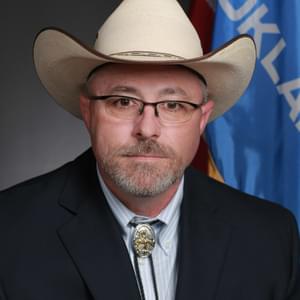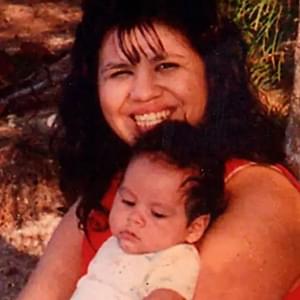
In this month’s episode of Discussions with DPIC, Managing Director Anne Holsinger speaks with Judge Elsa Alcala, who served on the Texas Court of Criminal Appeals from 2011 to 2018. In addition to serving as a judge at the appeals and trial level, she worked as a prosecutor, criminal defense attorney, and most recently as a justice-reform lobbyist during her three-decade career in criminal law. She shares how these experiences have informed her perspective on the death penalty and identifies recommendations for criminal legal reforms.
Judge Alcala, who had tried three capital cases during her time as prosecutor in the early 1990s, joined the bench believing that the death penalty was used for the worst of the worst offenders, but she left the bench as a death penalty opponent. “The people who end up with the death penalty, in, at least in Texas, historically, were poor people who were people of color. And so when I realized that discrepancy between who was getting the death penalty, the types of crimes that were having the people get the death penalty, [and] the risk of convicting an innocent person, I became convinced that we had to abolish the death penalty altogether,” she said.
Texas executed 60 people, “which was at the rate of about one person every month,” during her tenure. Judge Alcala reviewed many capital and non-capital appeals with innocence and unfair trial claims, including claims of ineffective defense counsel and the failure of prosecution to disclose exculpatory evidence. “So I saw all of those problems while I was on the court and I became convinced that the risk of executing an innocent person is just too high and that too many prosecutors and judges are overly focused on making the crimes or the convictions for the crimes final. They’re more interested in finality than they are in the accuracy of the conviction or the sentence,” she said.
Among her colleagues on the bench, Judge Alcala was outspoken, authoring a total of 117 dissenting opinions. She specifically drew attention to problems in death penalty litigation, including in Duane Buck’s case, where the Texas Court of Criminal Appeals upheld his capital conviction 6-3 and the U.S. Supreme Court later reversed the conviction. “The record in this case reveals a chronicle of inadequate representation at every stage of the proceedings, the integrity of which is further called into question by the admission of racist and inflammatory testimony from an expert witness,” said Judge Alcala’s dissenting opinion, which was joined by joined by fellow Judges Tom Price and Cheryl Johnson.
After leaving the bench, Judge Alcala worked as Policy Director for the Texas Defender Service, a nonprofit organization that seeks death penalty reform and represents capitally charged defendants. “A lot of the problem is legislative, at the federal level and at the state level,” she said. “We have too many laws that prohibit review of cases under the theory that you should have one bite at the apple that you know, you have your one full and fair trial, one full and fair appeal or habeas review, and that that should be the end of it. What I know for sure is that that’s not working.” She mentions four key reforms: allowing a motion for a new trial when the prosecution, defense and judge mutually agree that there’s been a miscarriage of justice; eliminating the use of junk science, which is already barred in the guilt stage, in the punishment stage of capital trial; barring the execution of the severely mentally ill; and permitting “post-conviction challenges, asserting that the initial habeas counsel was ineffective.” There have been efforts to implement these reforms, “but the changes that we’ve tried to make have been met with obstacles by people who I think either just don’t know better, or they don’t care,” explains Judge Alcala. She emphasizes the importance of conviction integrity units in independently examining claims of wrongful conviction and adds that sometimes prosecutors are “unwilling to admit that they had any role in a wrongful conviction,” rather than focusing on the truth.
Sources
Listen to Discussions with DPIC: Retired Judge Elsa Alcala on Death Penalty Reforms in Texas; Chuck Lindell, Appeal dismissed in death row case with racial backdrop, Austin American-Statesman, November 20, 2013.




